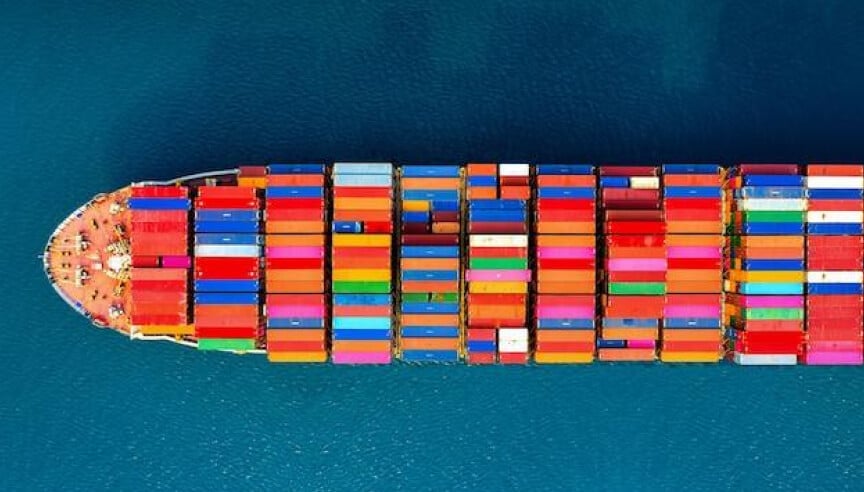Recent Posts
Top 3 Ways to Utilize MGPS Systems

Top 3 Ways to Utilize MGPS Systems
In the dynamic world of maritime operations, efficiency, reliability, and sustainability are paramount. Among the arsenal of innovative technologies designed to meet these demands, Marine Growth Prevention Systems (MGPS) stand out as indispensable tools. Offering versatile solutions for combating biofouling, MGPS systems present maritime stakeholders with a myriad of benefits. Here, we explore the top three ways to harness the power of MGPS systems for optimal performance and environmental stewardship.
1. Vessel Protection and Maintenance
Marine vessels are highly susceptible to the adverse effects of biofouling, which can impair performance, increase fuel consumption, and accelerate corrosion. Leveraging MGPS systems onboard vessels provides comprehensive protection against marine organisms, preserving hull integrity and optimizing operational efficiency.
Key Benefits:
- Biofouling Prevention:
MGPS systems employ advanced techniques such as Electrochlorination to inhibit the settlement and growth of algae, barnacles, and other marine organisms on the vessel’s hull and submerged surfaces. - Corrosion Mitigation:
By controlling biofouling, MGPS systems mitigate corrosion, extending the lifespan of critical components such as hulls, propellers, and seawater cooling systems. - Fuel Efficiency:
Maintaining a clean hull through MGPS technology reduces hydrodynamic drag, leading to improved fuel efficiency and lower operational costs.
2. Offshore Infrastructure Maintenance
Offshore installations, including oil rigs, platforms, and pipelines, face similar challenges posed by biofouling. MGPS systems offer a proactive approach to safeguarding these vital structures, ensuring uninterrupted operations in harsh marine environments.
Key Benefits:
- Asset Protection:
MGPS systems protect offshore infrastructure from the detrimental effects of biofouling, preserving structural integrity and minimizing downtime associated with maintenance and repairs. - Safety Enhancement:
Preventing biofouling on offshore installations reduces the risk of accidents and environmental incidents, safeguarding personnel and marine ecosystems. - Regulatory Compliance:
By utilizing environmentally friendly methods for biofouling control, MGPS systems help offshore operators comply with stringent environmental regulations and standards.
3. Industrial Water Treatment
Beyond maritime applications, MGPS systems find utility in various industrial settings where water treatment is essential. From power plants to desalination facilities, these systems offer effective solutions for maintaining water quality and equipment performance.
Key Benefits:
- Scale and Biofilm Prevention:
MGPS systems inhibit the formation of scale and biofilms in industrial water systems, improving heat transfer efficiency and reducing energy consumption. - Equipment Protection:
By preventing fouling in cooling towers, heat exchangers, and condensers, MGPS technology prolongs the lifespan of equipment and reduces maintenance requirements. - Environmental Compliance:
Utilizing MGPS systems minimizes the discharge of chemical biocides into the environment, aligning with sustainability goals and regulatory mandates.
Conclusion
In the pursuit of operational excellence and environmental sustainability, MGPS systems emerge as indispensable assets for maritime and industrial stakeholders alike. Whether safeguarding vessels, offshore infrastructure, or industrial water systems, these advanced technologies offer unparalleled protection against biofouling while optimizing performance and reducing environmental impact. By harnessing the top three applications of MGPS systems, maritime and industrial sectors can navigate toward a future characterized by efficiency, resilience, and responsible resource management.
